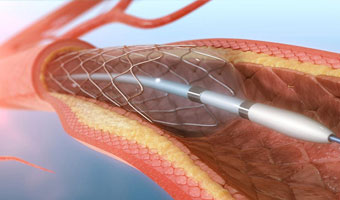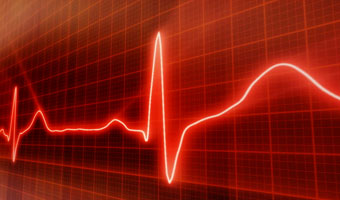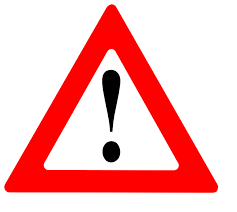What is Xygrel
XYGREL(Ticagrelor 90 mg) tablet is a Prescription medication for people who have had a heart attack. Xygrel has been proven to significantly lower the risk of
Read MoreHow Xygrel Works
Xygrel is a medication for people who have had a heart attack. Xygrel has been proven to significantly lower the risk of having another heart attack or stroke or dying
Read MoreHow to take Xygrel
Have had bleeding problems in the past,Have had any recent serious injury or surgery, Plan to have surgery or a dental procedure, Have a history of stomach
Read MoreKnow About Heart Attack
What is heart attack
When blood oxygen and nutrients cannot reach the heart in the right amount, it is more likely that coronary artery disease (CAD) occurs.
Symptoms
If you suspect a heart attack, call your local emergency number immediately. If you cannot access emergency medical services, have someone
Treatment
The information given is not a substitute for any medical advice. Always contact your physician (health expert) for more information.
Myths & Facts
The heart stops beating during a heart attack, During a heart attack, the heart muscle begins to die. Sometimes the heart stops beating,but sometimes.
heart attack
Dos
- The patient should be made to sit down, rest, and try to keep calm.
- Loosen any tight clothing.
- Ask if the patient takes any chest pain medication for a known heart condition, such as nitroglycerin, and help him take it.
- If the pain does not go away with rest or within 3 minutes of taking nitroglycerin, call for emergency medical help.
- If the person is unconscious and unresponsive, call for emergency and should begin CPR
- CPR(Cardiopulmonary Resuscitation) is an emergency lifesaving procedure, a combination of - chest compressions that keep patient's blood circulating and rescue breathing that provides oxygen to patient's lungs.
Don’ts
- Never leave the patient alone
- Don’t wait to see if the symptoms go away
- Do not give the person anything by mouth unless a heart medication has been prescribed.

Any FAQ’s
- Did the heart attack cause permanent damage to my heart?
- Am I at risk of having another heart attack?
- How can I lower my risk of another heart attack?
- How often do I need to come in for office visits?
- Why was I prescribed these medicines?
- Will these medicines react with other medicines?
- Are there any possible side effects with my medicines?
- What are the types of side effects I might experience?
- What happens if I miss a dose?
- When can I start my normal activities again (for example, going back to work, walking, dancing, playing golf, having sex, working in the garden, taking care of children or grandchildren)?
- Are there any activities I should not do?
- Are there any foods I need to stay away from?
- Is it okay to have alcohol?
- What is the best way to stay on track with my medicines?
- How can I make heart-healthy lifestyle changes?






